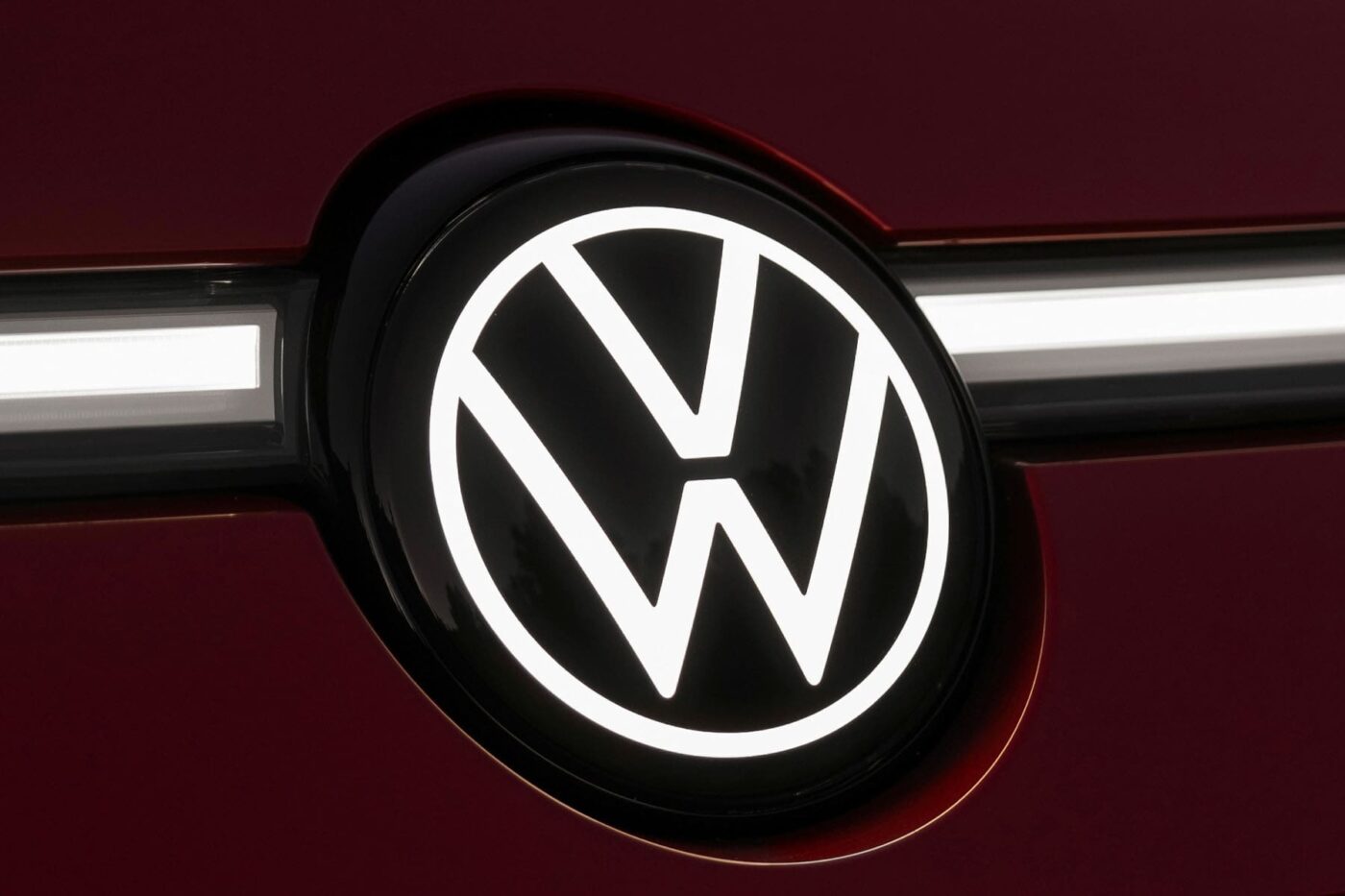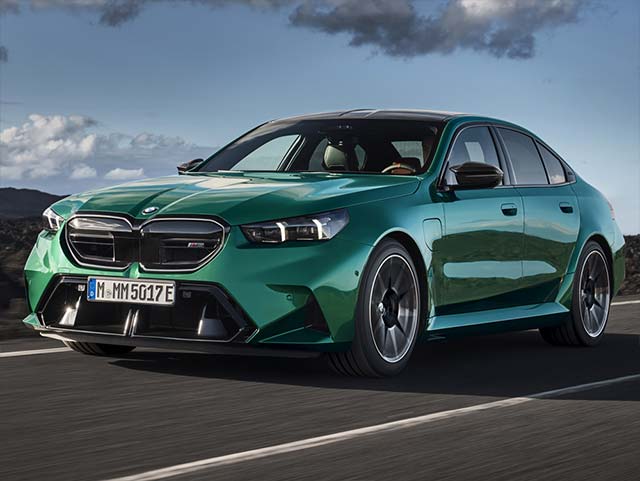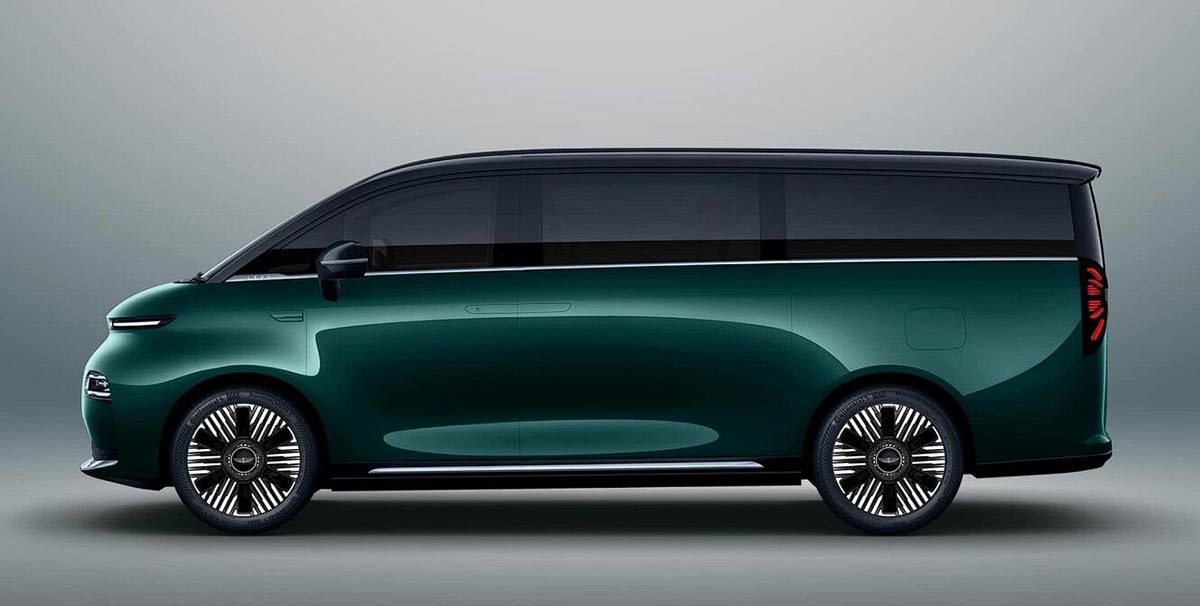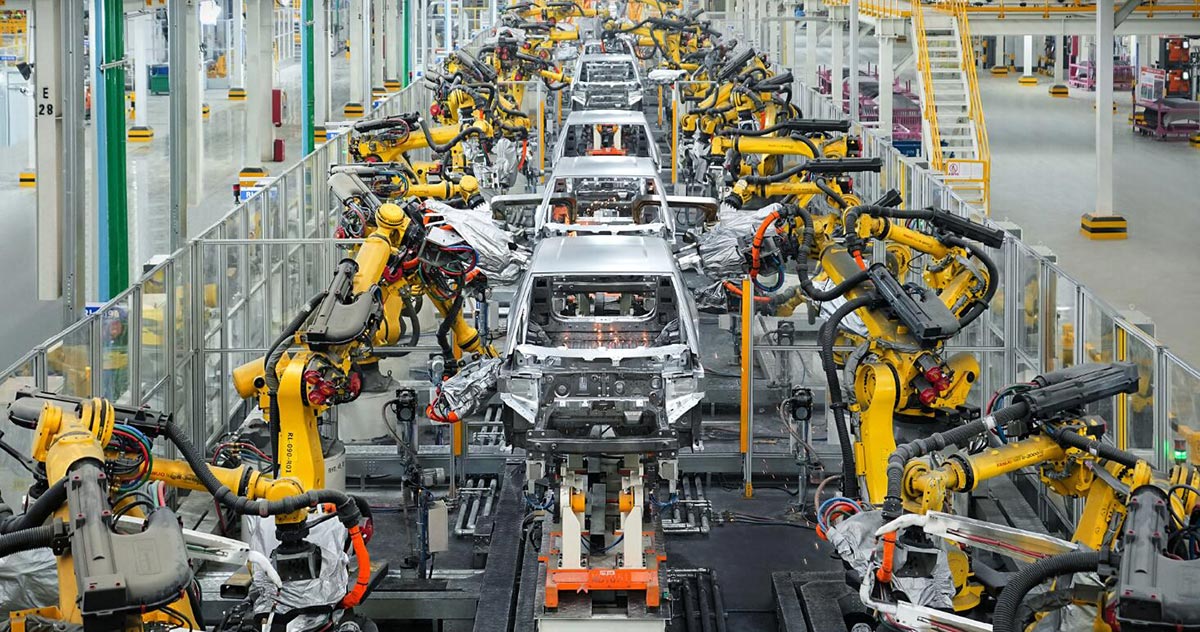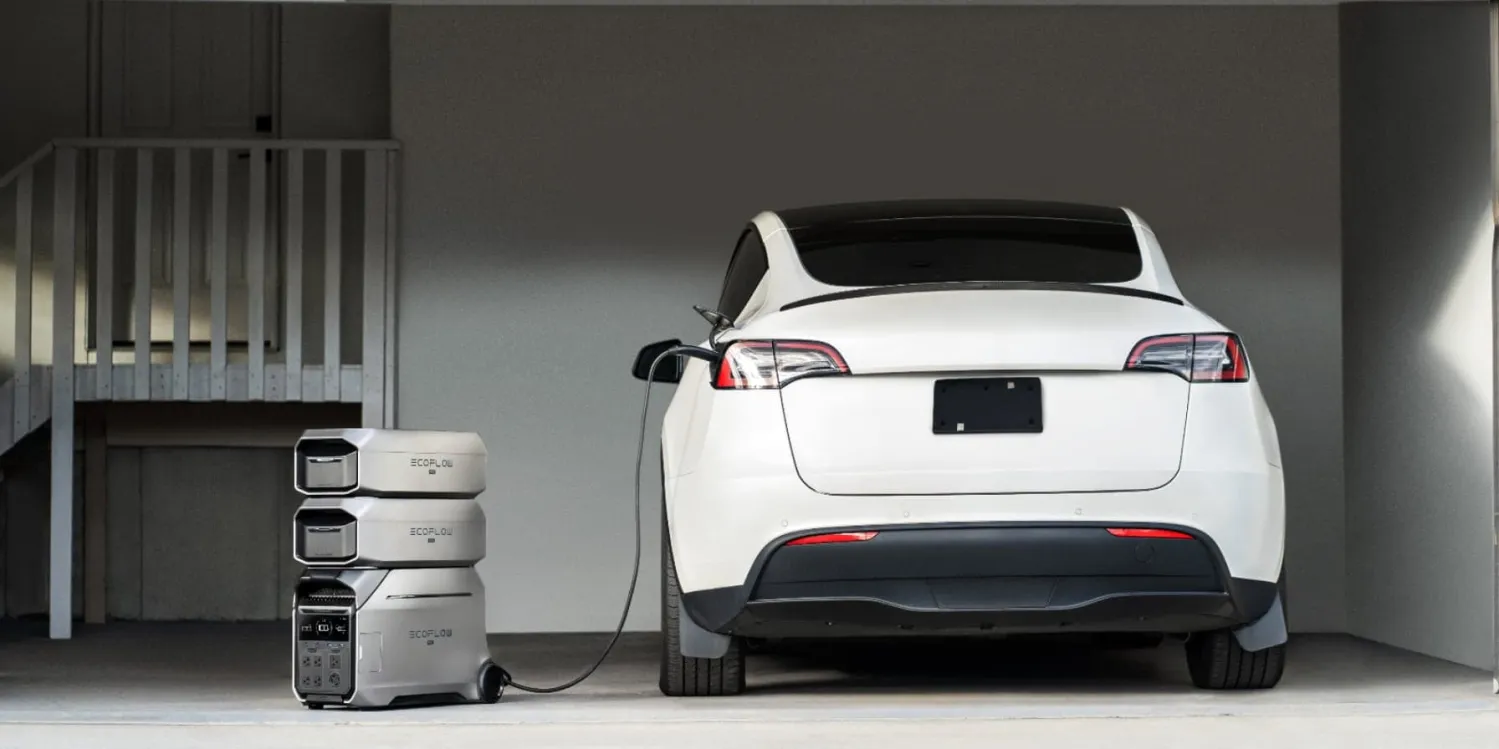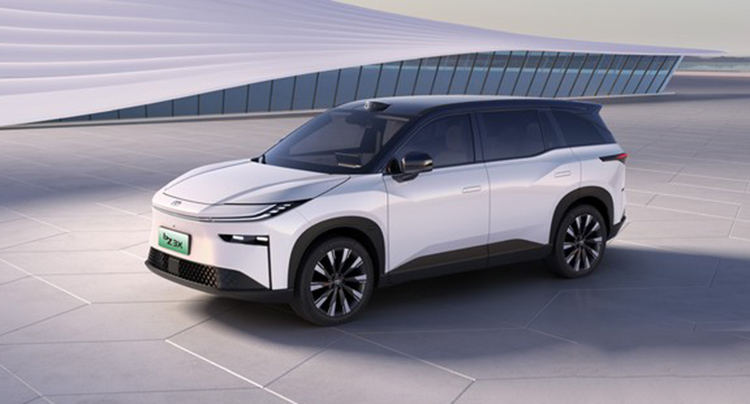Volkswagen shares fell on Wednesday as investors voiced concerns over the cost and uncertainties of a joint venture with U.S. electric vehicle (EV) maker Rivian. The partnership aims to bolster Europe’s largest automaker’s position in the EV market.
The German automaker announced on Tuesday it would invest up to $5 billion in Rivian as part of a collaboration to share EV platforms and software. This move marks a departure from Volkswagen’s previous go-it-alone strategy, opting instead to bring in expertise through partnerships in key areas such as batteries, EV platforms, and software.
See also: Volkswagen and Rivian to Form Joint Venture with Potential $5 Billion Investment
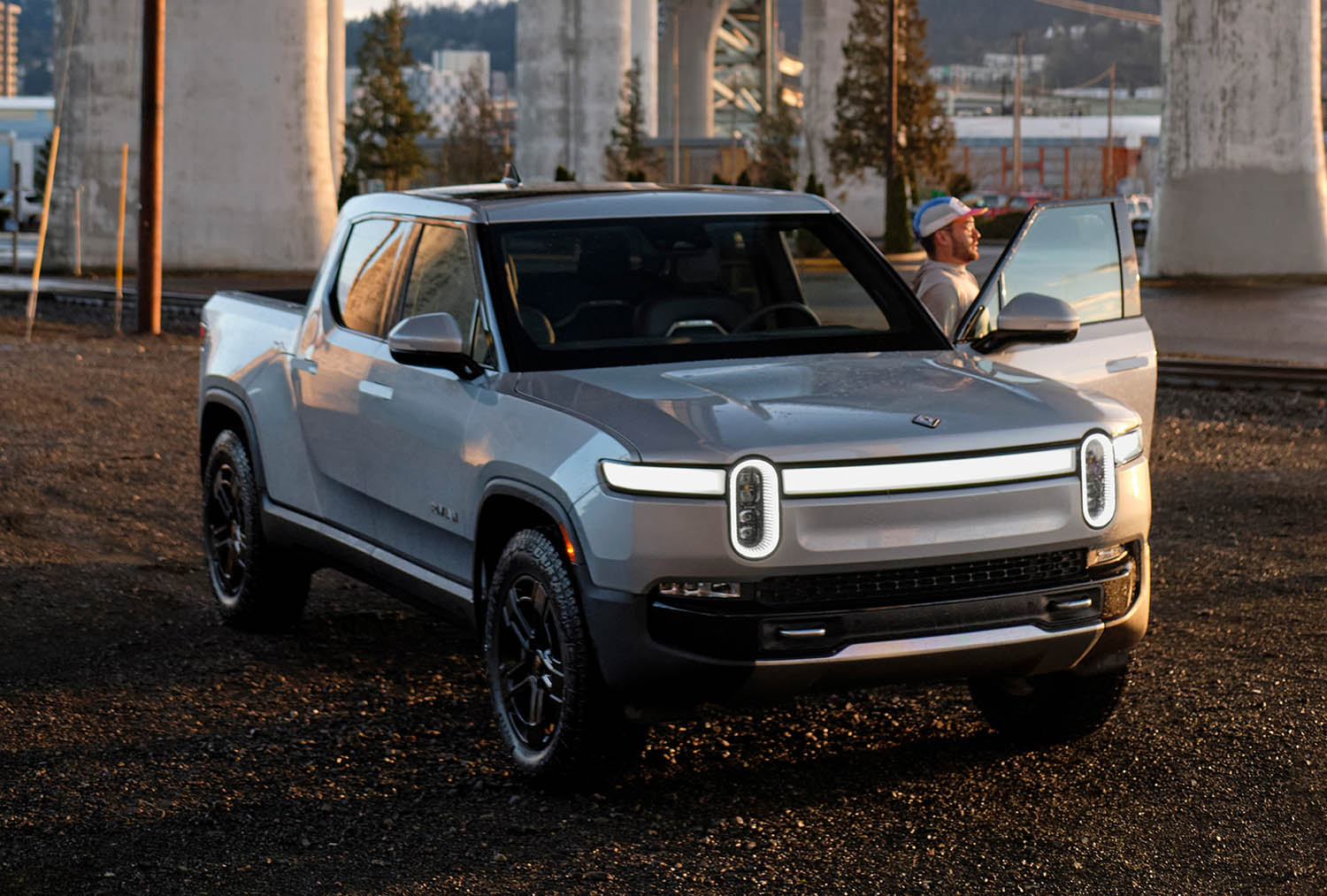
However, the joint venture raises questions about the future of Volkswagen’s own software subsidiary, Cariad, which has faced years of delays and financial losses.
“Cariad should and will disappear. The reality is it’s going to become irrelevant and die a natural death,” said Jefferies analyst Philippe Houchois. He noted that no other legacy carmaker had successfully built a competitive software offering alone. Nevertheless, Houchois praised the strategic shift indicated by the deal. “The old VW would have kept throwing money at the problem – the new VW with (CEO Oliver) Blume is more pragmatic and humble, looking for help elsewhere.”
See also: Volkswagen Plans Major Production Boost for Electric ID.Buzz Van
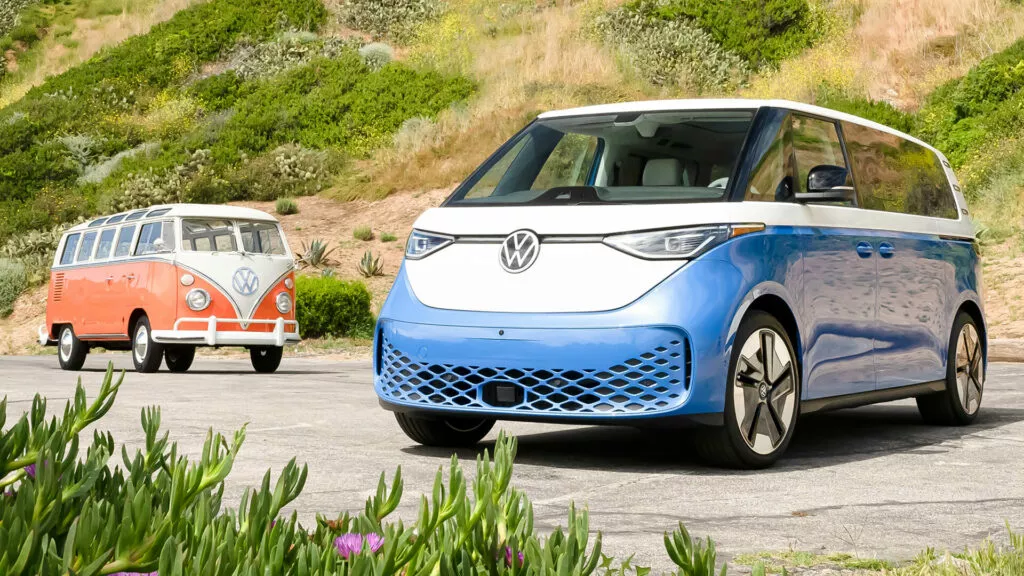
Responsibility and resources for developing a unified operating system for vehicles across the Volkswagen Group, dubbed the ‘2.0’ software architecture or ‘software-defined vehicle,’ will be centralized in the joint venture, incorporating expertise from Cariad. Cariad will also continue developing its own projects, including software for automated driving, according to a Volkswagen spokesperson.
Cariad CEO Peter Bosch stated in a LinkedIn post on Tuesday that the Rivian venture would accelerate Volkswagen’s software development efforts and reduce costs.
See also: Volkswagen Integrates ChatGPT into Vehicle Lineup to Enhance User Experience
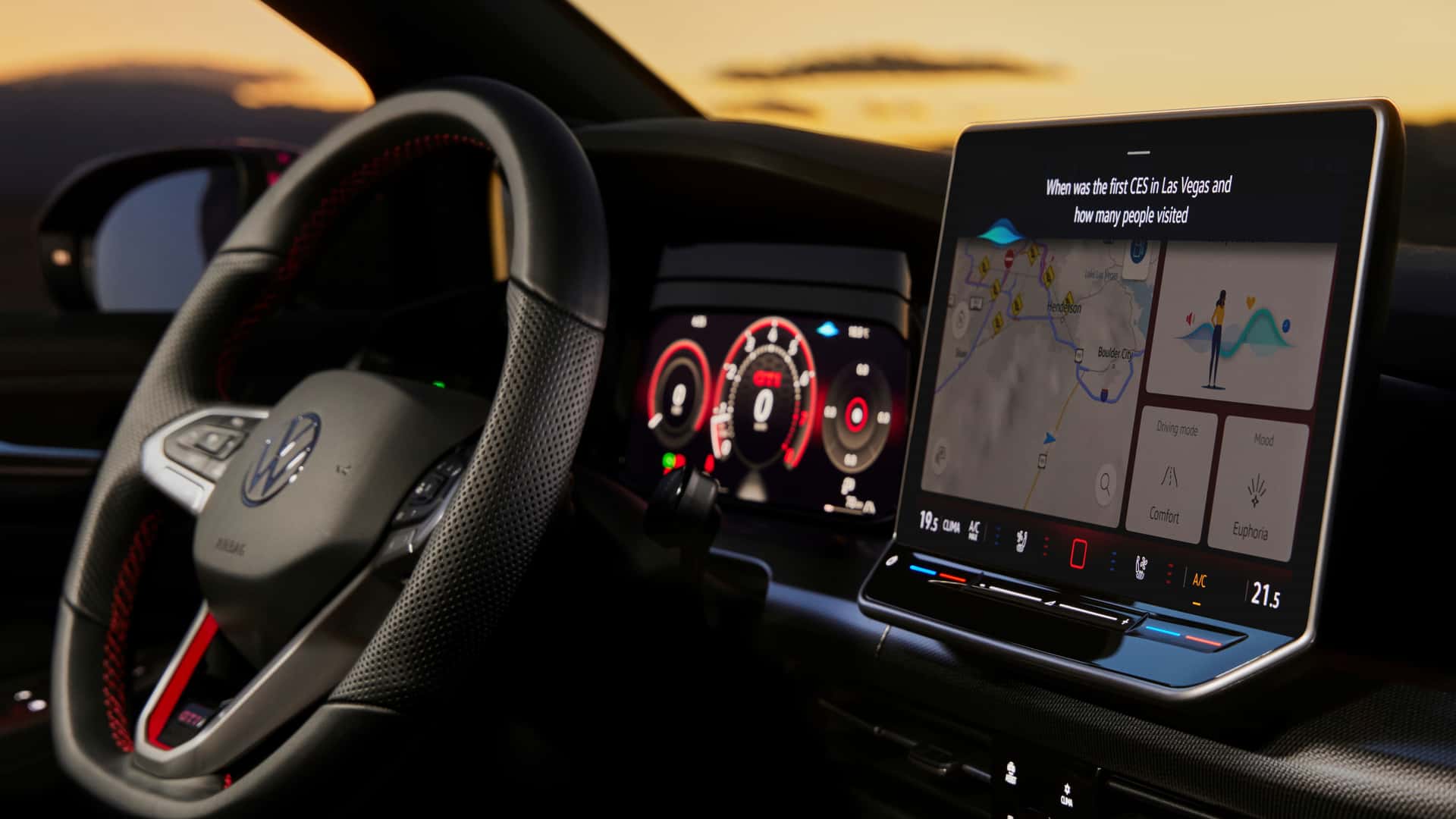
This partnership mirrors aspects of a deal struck between Volkswagen and Chinese EV startup Xpeng in July last year to collaborate on software and a China-specific EV platform. However, unlike the Xpeng partnership, Rivian and Volkswagen will not develop joint models. While the software developed with Xpeng is intended only for use in China, the software developed with Rivian could potentially be used globally, although specifics are yet to be decided.
Volkswagen shares have more than halved over the past three years, with investors concerned that the sprawling group may struggle to compete with nimble EV rivals in the United States and Asia. By 1047 GMT, Volkswagen’s shares were down 1.97%, marking the biggest decline on Germany’s blue-chip DAX (.GDAXI) index.
Some analysts have raised concerns about the size of the investment, noting that Volkswagen’s target investment ratio of 12% of revenues is above the 8% or less targeted by peers like Stellantis.
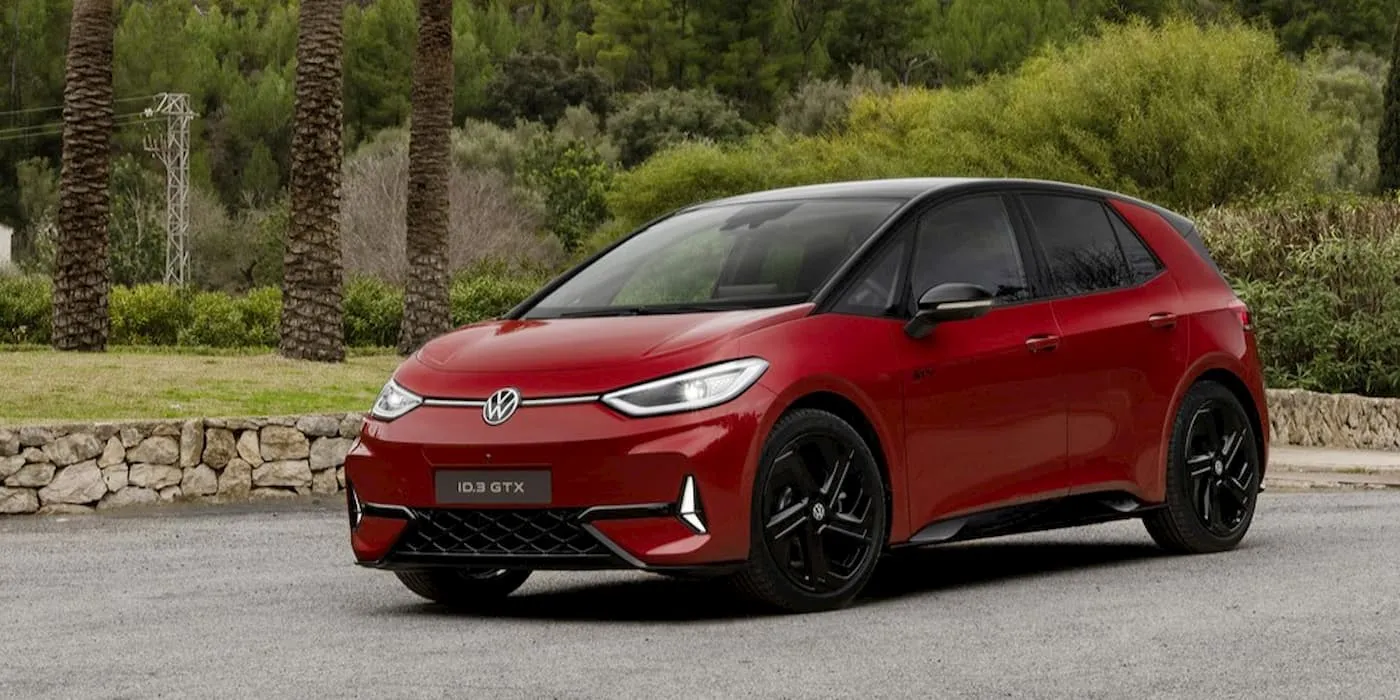
“While the transaction could make sense strategically … we believe investors would prefer VW to sell assets, not buy them,” commented Stifel Research.
Roger Atkins of consultancy Electric Vehicles Outlook Ltd also questioned the compatibility of Volkswagen and Rivian.
“There’s the culture issue – trying to combine Rivian’s full-stack vertically integrated and flexible, nimble software approach with Volkswagen’s more traditional approach of working with multiple suppliers and middle management is like shoving a square peg in a round hole,” he said.

